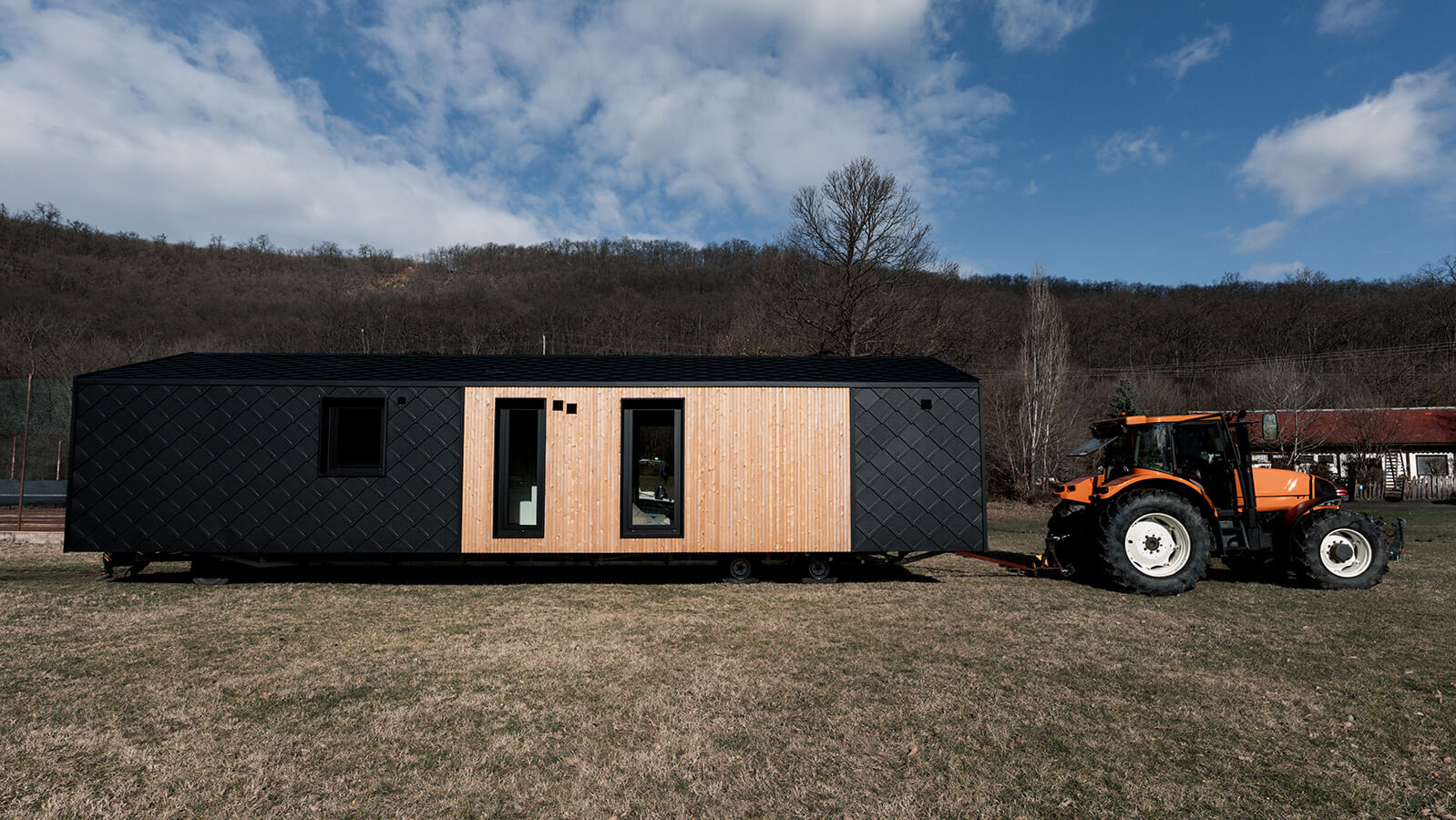Professional background
SOCIAL AND ECONOMIC CHANGES IN THE MARKET FOR MOBILE HOUSING
The first modern global crisis, the “Great Recession”, occurred both in Hungary and Western societies, and even if they were partly triggered by different causes, a parallel change in household solvency began: the “rich” and the “poor” started to separate visibly, causing at the same time a steady decline and sometimes the disappearance of the established middle class. This process has been accelerated by the global recession and inflation caused by the pandemic and Russian-Ukrainian conflict, although the extent of this decline varies from country to country and region to region. In many European countries, however, it is no longer possible to speak of a middle class in economic terms, as it has been divided into two distinctly separate classes: the premium class of business owners and managers, and the masses who have been drastically affected by the economic crises and are trying to regain their former middle-class status.
As a consequence of the economic processes, the market for mobile homes, which has seen dynamic growth in the early 2020s, is also visibly segmented, with a premium customer group on the one hand, whose goal in buying a mobile home is to increase their existing standard of life by expanding their living space, whether for business or private purposes. On the other hand, due to the sharp rise in the cost of materials and labour, there is a strong demand for modern, insulated mobile homes for living purposes, whether new or renovated, as they offer a real alternative to traditional houses, both in terms of living standards and affordability.
The emergence of premium customer demand has posed a serious challenge to the mobile home market, as this customer group is not looking to buy a mass product for everyday use, but to expand their living space and area as they move to the next station of their lives, thereby significantly increasing their standard of living. The premium customer expects high quality and personalisation, as well as unquestionable professional knowledge and experience, which means that a market player wishing to succeed in the premium segment must have proven experience, a unique design capability to serve premium needs, and a strong service background.
